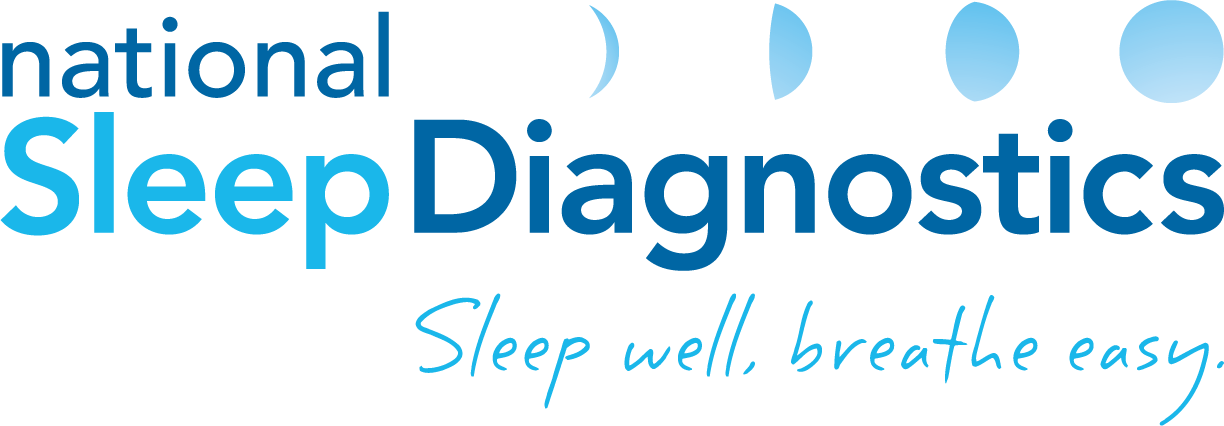Poor Sleep & Other Health Conditions
Poor sleep can not only make you feel tired the following day, it can also significantly impact on your health. There are also other medical conditions which in turn can significantly impact on sleep so you have to work out which is which. Some of it is common sense, but this is where a sleep physician can come in and tease out what is the chicken and what is the egg.
Did you know that there is a J shaped curve between the amount of sleep that you get and your chance of death?
People who routinely get less than six hours sleep and those who routinely sleep for more than nine hours have a much higher chance of dying!
Getting less sleep than recommended, particulary less than six hours of sleep per night, dramatically increases your chance of death over time.
Sleep Apnoea and other conditions which increase sleepiness also raise rates of ill health and death... the more sleepy you are, the higher your chance of death.
Sleep deprivation causes agitation and activation of the stress hormone system and reduces the effectiveness of the immune system. For example, sleep deprivation leads to more frequent and repeated coughs and colds. The distress from sleep deprivation has been harnessed in torture techniques! Repeated or prolonged sleep deprivation such as that experienced during sleep apnoea will increase the chance of heart attack or stroke. Those who are sleep deprived are more prone to accidents, more likely to make erratic or poor choices and are often unpleasant to be around.
At the other end of the scale, the subtle effects of sleep disturbances such as sleep apnoea can slowly but surely alter our appetite so that we are more hungry, snack more and crave high energy foods, making weight loss that much more difficult. Significant sleep apnoea sufferers find it almost impossible to lose weight as a result.
However, there are many medical conditions which interact with sleep and can interfere or worsen it. Somewhat simple conditions such as arthritis with painful joints can make finding a comfortable bed position difficult. Our propensity towards eating later at night can lead to nocturnal reflux/heartburn. Other conditions that are often underestimated but can impact sleep if inadequately controlled overnight include hay fever, nasal obstruction and asthma. Parkinson’s disease can cause nightmares, insomnia and frequent movements, substantially interfering with sleep. This may make balancing medications more difficult.
The common use of various prescription medications can impact on sleep, such as frequently prescribed anti-agitation or depression medications, sleeping tablets or pain medications. Some common prescriptions can lead to nightmares, lack of energy and frequent leg movements.
Heart disease can often cause breathlessness at night. Irregular heartbeat and atrial fibrillation commonly occur overnight, and the period in the latter part of sleep leading to wakefulness is the most common time for a heart attack to start.
The combination of poor sleep and less than tiptop health such as being overweight, diabetic or hypertensive is now regarded as an epidemic, which contributes to further poor health, hospitalisation and health care utilisation, sudden death and accelerated chronic diseases, as well as absenteeism, road and transport accidents. These all lead to a major cost burden to our community.

